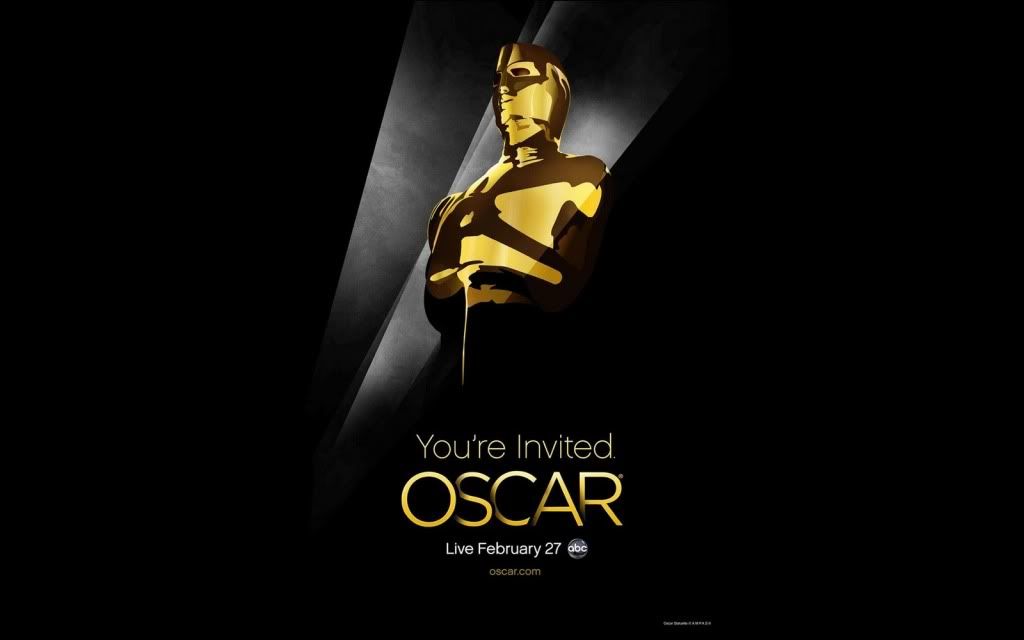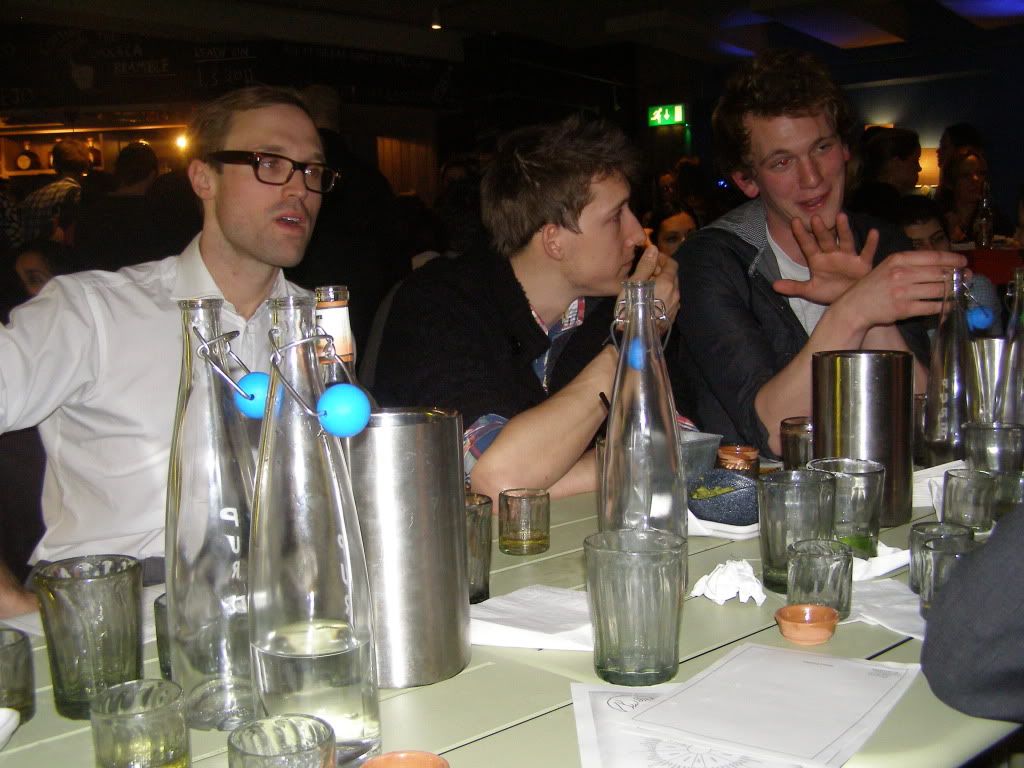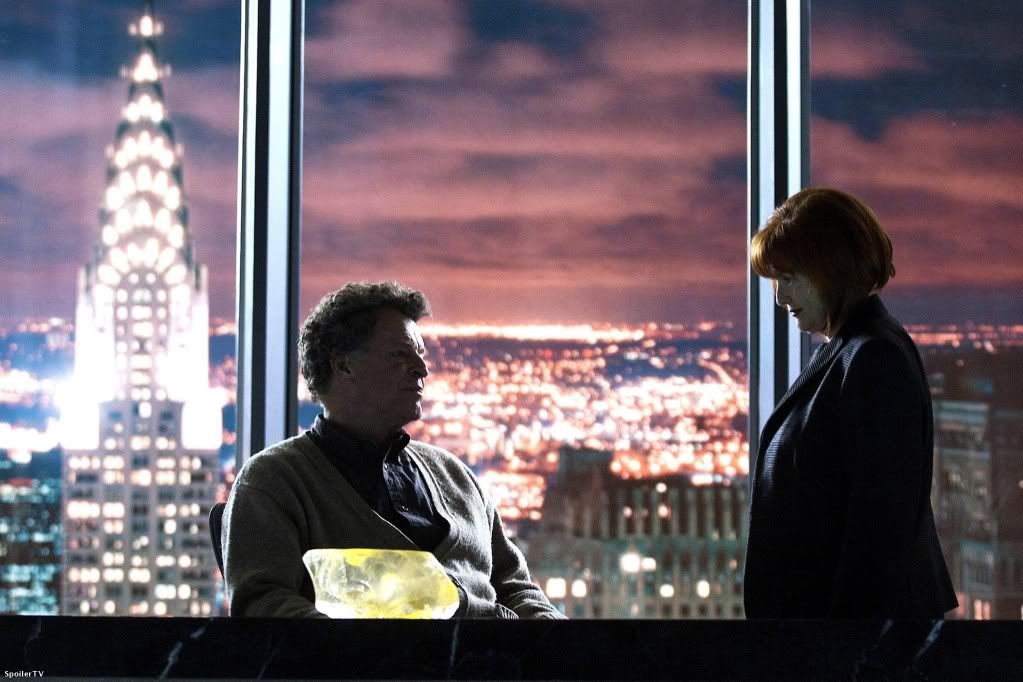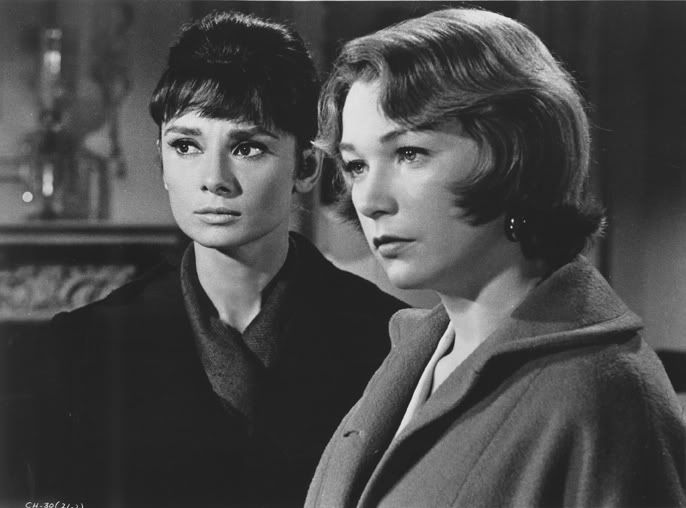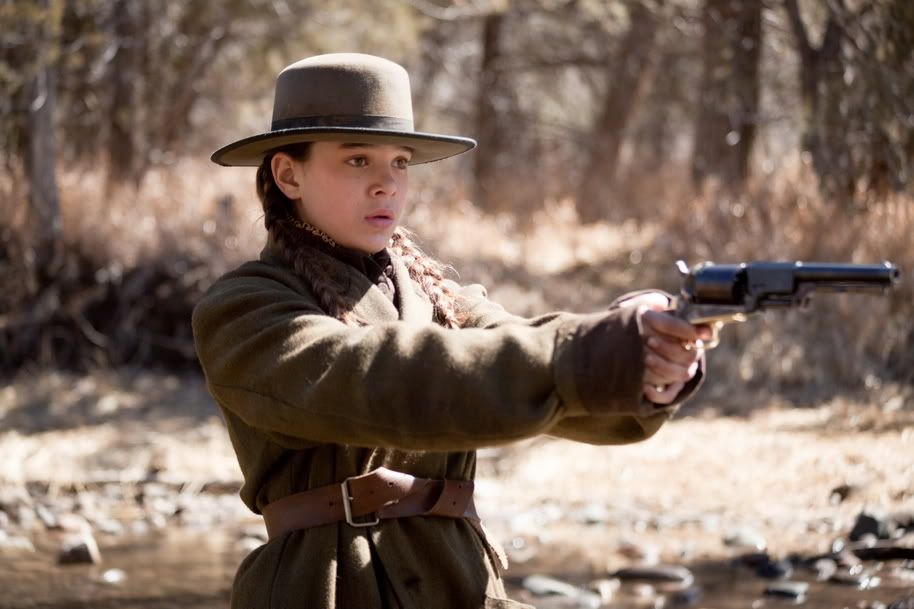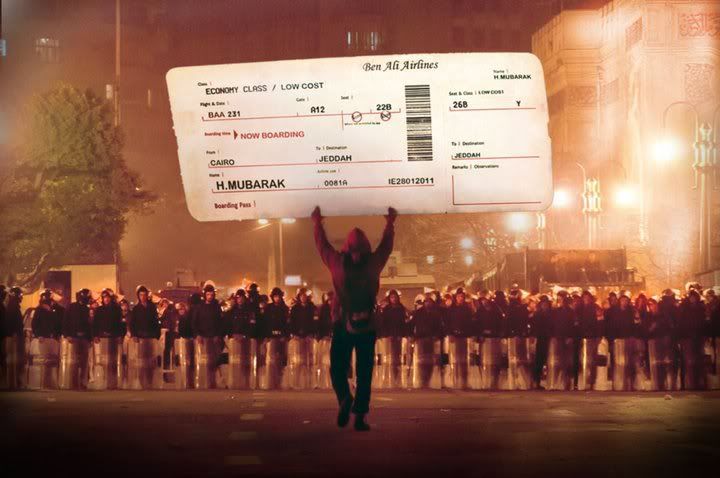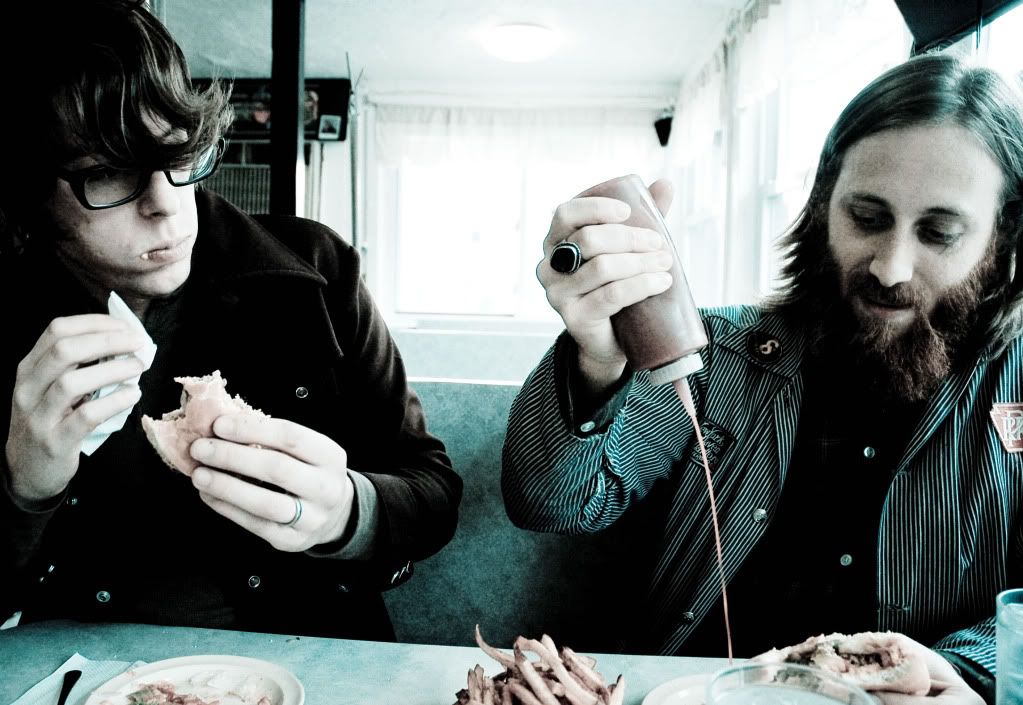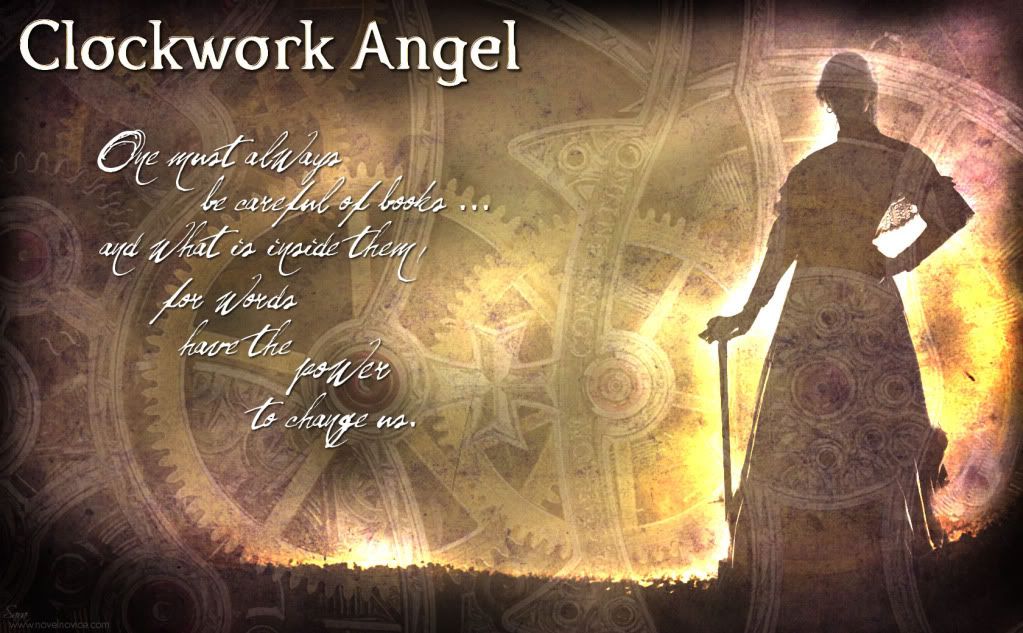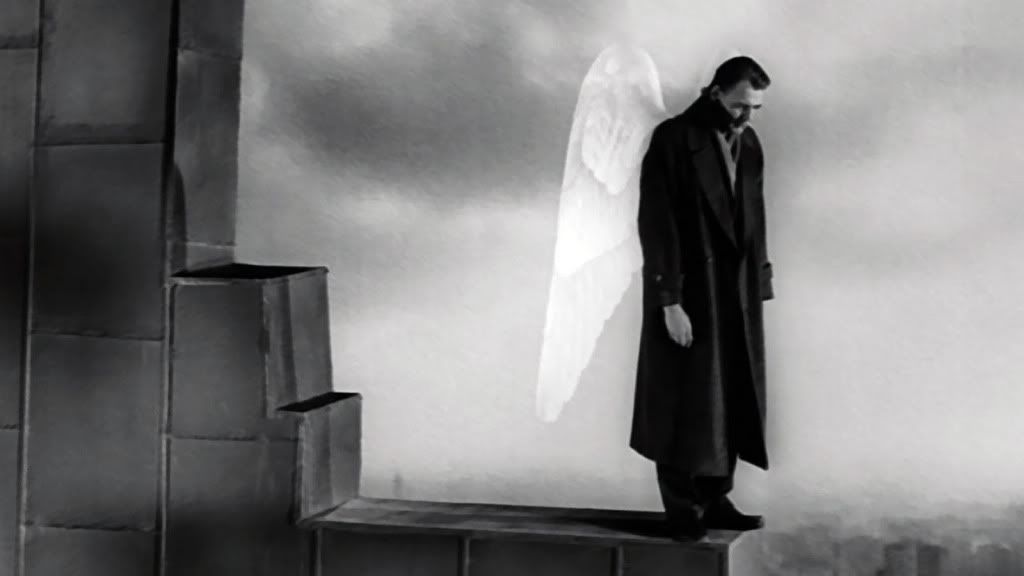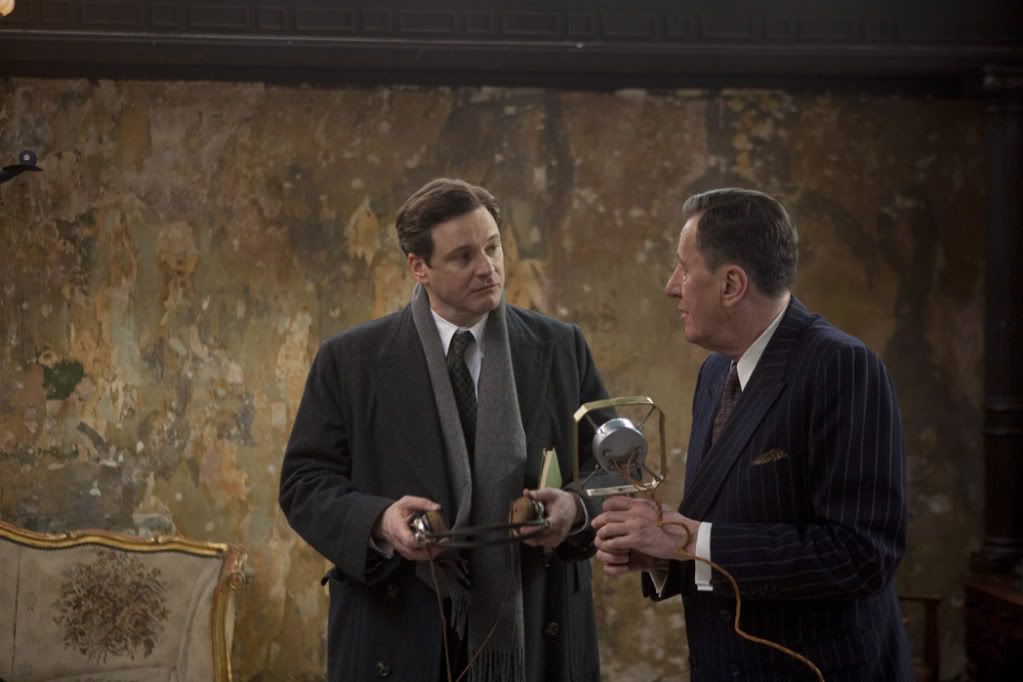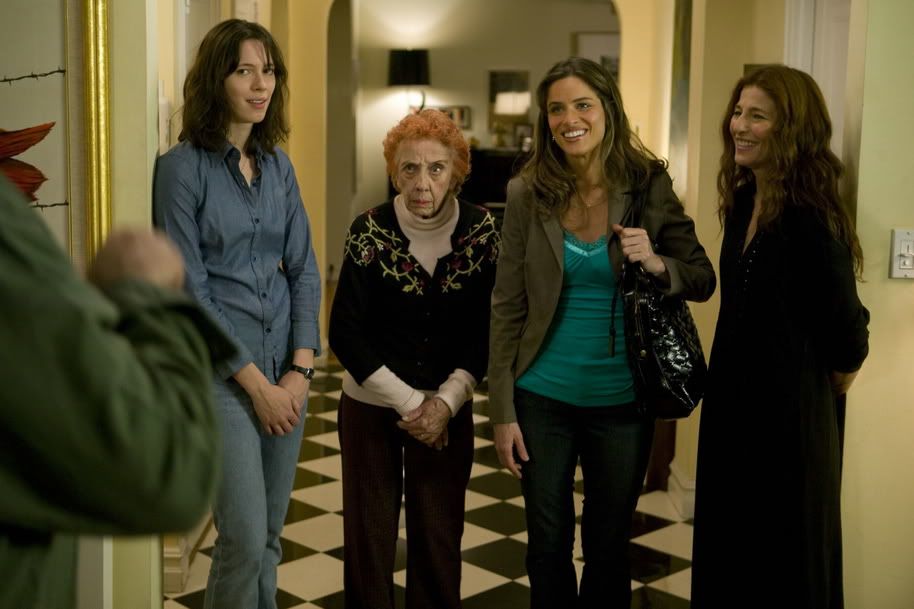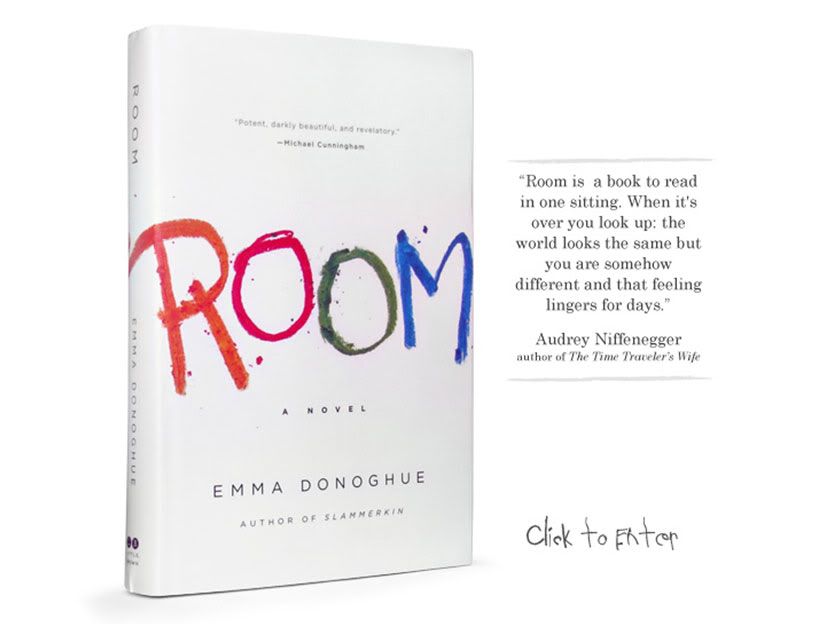
IN SUM
Brilliant, brilliant book, so clever you almost wish you'd written it yourself, except that you know that you could never have written it so well.
REVIEW (SPOILERS FROM HERE ON)
Room is a tightly written, unpredictable and harrowing account of one young girl who strives to keep her child safe from the monster that locked them both into a single room for seven years. Donoghue's writing will place you right there, suffocating you, bewildering you, tormenting you, even though you're seeing through the eyes of a chlid who barely understands what's happening.
Jack describes only what he sees and hears, as a child might. All that occupies the room become characters to him, like Room and Wardrobe and Table and Meltedy Spoon. To him, weekly deliveries of supplies to Room are Sunday-treats. It's brilliant how Donoghue captures the language of a child, the terrors and observations and weird little obsessions and tantrums. He's just a five year old after all, whose biggest fear remains the ogre waiting for him at the top of the beanstalk (this was also my greatest fear as a child; I couldn't sleep if I could hear my heartbeat, as all I'd hear is "Fee, Fi, Fo, Fum"). When captor Old Nick comes by each night, Jack hides himself in the wardrobe and counts the creaks of the bed "till he makes that gaspy sound and stops."
Donoghue cleverly lets us make the leap between Jack's innocent observations and the harshness of reality in Room. This limited perspective sets up an important contradiction: for his "Ma," Room is place of terror, but for Jack, it's the only home he knows, where all his imaginary friends live. And no matter how she tries to get him to understand, he cannot comprehend the horror she's been through, and how she longs for the outside. For to him, Outside is just another word for Outer Space. At each step of the way, Jack can only comprehend situations of horror through the stories he loves and absorbs; Ma has to place the two of them into Alice in Wonderland so he understands their predicament, she has to place them into Dora the Explorer to give him the courage to escape. It's not just childish innocence on display here; its life and death. It's one terrified woman battling the clock, forced to explain everything to an alien creature who operates on a different wavelength. Whether or not Ma can get through to Nick is, at one point, more frightening than Old Nick himself.
THE SECOND HALF
Much of the book is pure genius, but none more so than the decision to place the great escape at exactly the halfway point of the book. Had it ended there, Room would still be considered a fantastic novella. But by taking it into the aftermath, Donoghue shows the true horror about these experiences, addressing the question of "what happens next" directly, rather than leaving it as an open question to ignore. As a reader, I could not have stood another moment in the claustrophobia of Room, everything's horribly wrong, and even as a reader we are torn between Jack's desire to stay where he feels safe and for Ma to escape and return home).
And the truth of "what happens next" is difficult to face for all characters concerned. From the moment of their rescue, Ma and Jack are hounded by reporters, doctors and un-accomodating family members. In many ways, we see how Room represented safety to Jack, while Outside is where life is truly terrifying, where he doesn't get to be with his mother 24/7, where people are strangers and bees actually sting.
In the second half, Donoghue also introduces a welcome element of satire; since all Jack knows of the outside world is what he sees on tv, he cannot relate to anything in the outside world unless he imagines them as characters on animal planet, on fitness planet, on cartoon planet, etc. He is an alien taking his first steps onto the human planet.
Another target of Donoghue's subtle wit is the cult of motherhood. A bigger mommy dependence has never been seen than in the boy who lived in a single room with his mother, breast-fed well into his sixth year. I admit it's shocking even as a reader, but you have to know she had no other choice. But yet she keeps trying to wean him off and fails. Until Barbara Walters (at least I think that's who it is) steps in, and interrogates her live on national TV about the breastfeeding, of all things.
In the end, Donoghue leaves us with two opposing thoughts. On the one hand, we see Jack finally adjust to Outside, to all the stimuli assaulting him from every direction, to becoming an individual of sorts. On the other hand, when we leave Ma, we are left with the uncomfortable sense that she will merely be moving from prison to prison for the rest of her life (metaphorically speaking of course). Even more disturbing, there are suggestions that she might have been consigned to that fate even if she hadn't been kidnapped.
There are a number of intimations that Ma never loved little Jack the way she loved her unborn daughter, dead thanks to the ineptitude of Old Nick. In a telling sequence, she mindlessly relates the old psych experiment about the monkeys separated from their mothers and fed only by a drainpipe, how they withered away due to the absence of love not the absence of basic needs. Later on, even she agrees with Jack's assessment that even the love of their human captors might have been enough to sustain those monkeys. But what's truly horrifying about this exchange is that in this metaphor, Jack might stand in for the human captor.
They serve each other mutually as machines of love, but once they're released from captivity, Ma realizes how clinically she's approached the care of her child, ignoring the actual emotional needs of herself or her son. To an extent, she feels that she used him (though perhaps she would never have thought this without the accusing interrogation mentioned above).
LOOSE THREADS:
People kept referring to Jack as "her" or "she," and I kept waiting for some other shoe to drop (even though he had his five years old version of frustration with his 'silly penis'. Just wait until he's a teenager.) If you've read it and it's just something I've missed, please let me know!
*PS. Please read it before Hollywood ruins it. It's already been greenlighted. Why do moviemakers think they can translate books whose chief selling points are unique literary voices?

